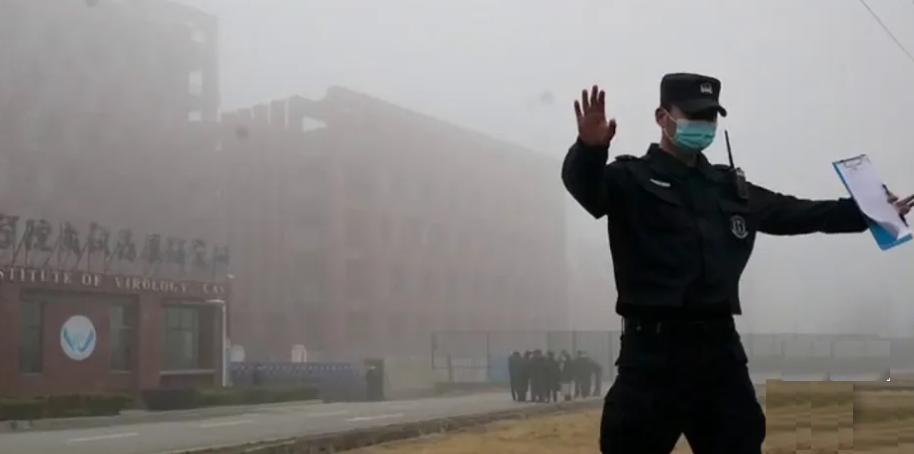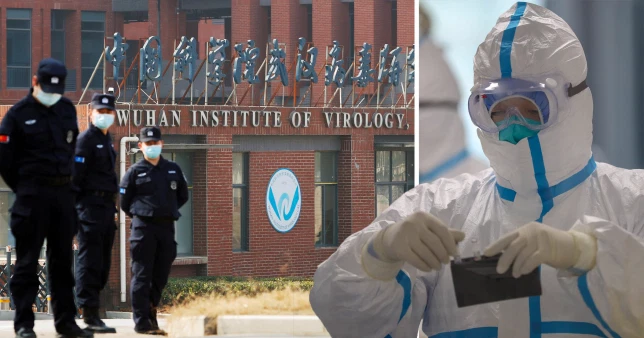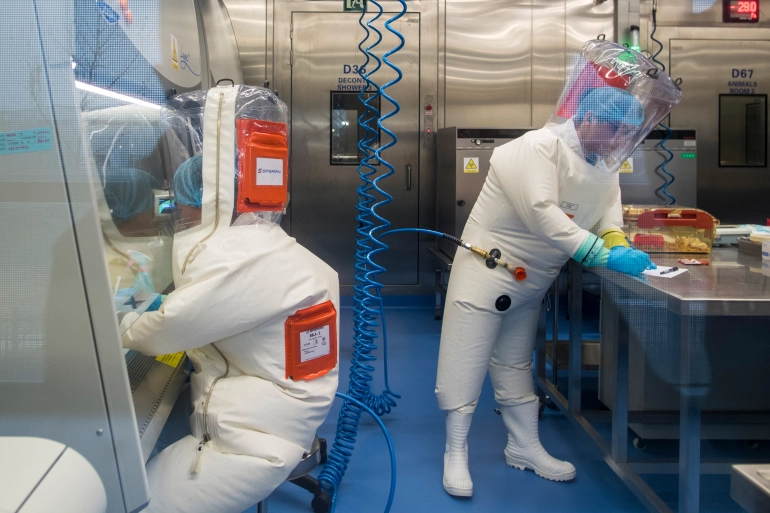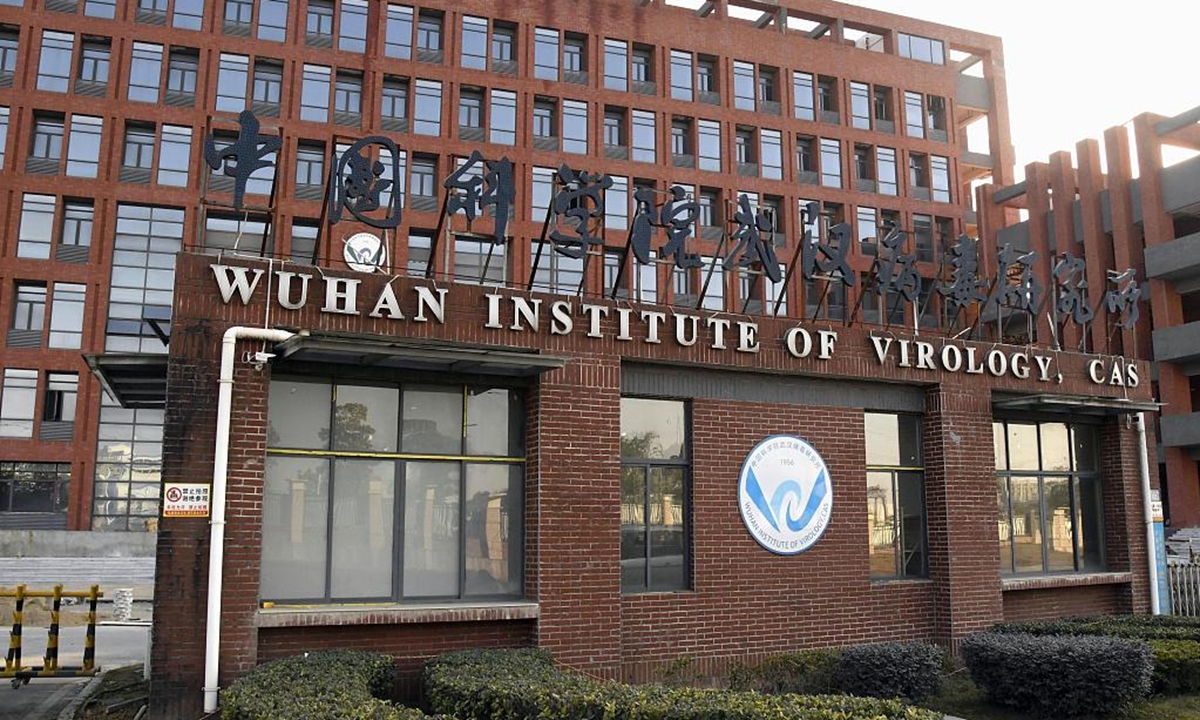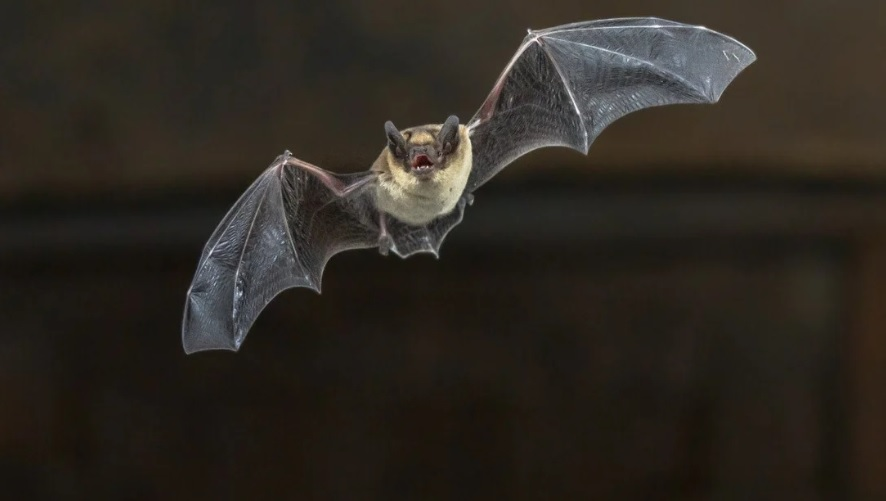WHO: First Coronavirus Patient May Have Been Wuhan Lab Worker
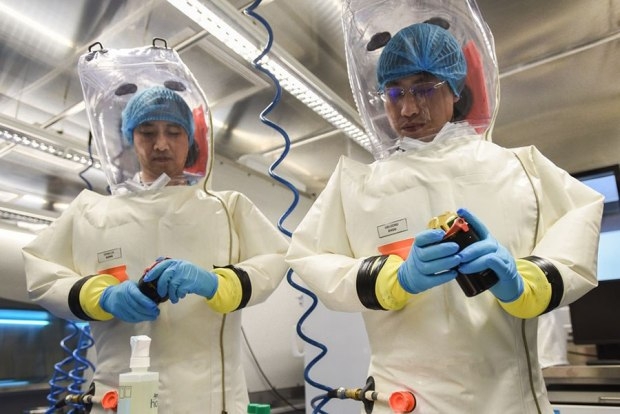 |
| The Wuhan Institute of Virology is suspected by some to have leaked Covid in a lab accident. Photo The Sun |
Dr Peter Ben Embarek, who led a much derided fact-finding mission to China, made the claim despite initially dismissing the lab leak theory as extremely unlikely in the initial WHO probe, The Sun reported.
The virus could have infected a scientist or lab worker who was working with bats at the lab in Wuhan, he told TV2 television of Denmark on August 12.
"An employee who was infected in the field by taking samples falls under one of the probable hypotheses," he said.
"This is where the virus jumps directly from a bat to a human. In that case, it would then be a laboratory worker instead of a random villager or other person who has regular contact with bats.
"So it is actually in the probable category."
Ben Embarek said: "We did not get to look at laboratory books or documents directly from the laboratory.
"We got a presentation, and then we talked about and asked the questions we wanted to ask, but we did not get to look at any documentation at all."
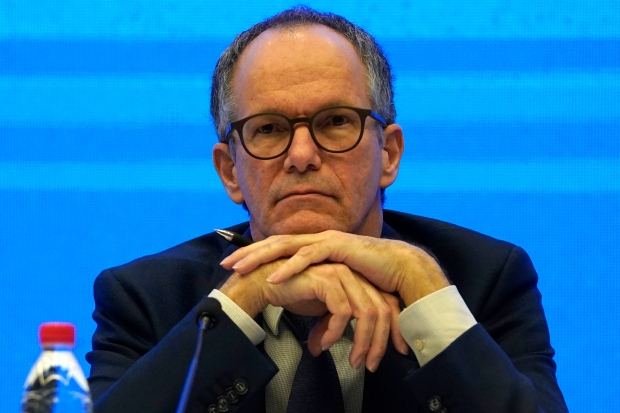 |
| Dr Peter Ben Embarek led a much derided fact-finding mission to China to seek origin of the coronavirus. Photo AP |
He however did admit the team found no direct evidence of this - but China have had multiple accusations of covering up the early days of the pandemic, The Daily Star reported.
Neither the WHO or Prof Embarek has confirmed the virus began in this way. The prof added that more evidence is needed to establish what role the laboratory may have played.
And he revealed the WHO team's initial "extremely unlikely" conclusion was only included at all after tough negotiation with Chinese scientists, who originally wanted nothing in the report about the lab leak.
The Wuhan Institute of Virology is located just a stone's thrown from the first known cases at a seafood market in the Chinese city of Wuhan.
It specialized in studying bat-based coronaviruses very similar to Covid - and was found to be holding the virus's closest genetic cousin. Prof Embarek said he and his team visited two laboratories in the Wuhan area. During the visit to one, he asked the management how old the lab was. Embarek said: "And then they said, well it's from December 2019. Then we moved to these new laboratories on December 2, 2019." |
Ever since this fact was revealed questions have been asked over whether the lab - which is the highest security of its kind in all China - could have played a role in the origins of the virus.
China has aggressively denied any allegations - as has the lab - and some leading figures attempted to undermine the lab leak hypothesis last year as nothing more than a "conspiracy theory".
However, as circumstantial evidence mounts the proposal is being taken more and more seriously be governments and scientists.
Human error
In March, the WHO released a report in collaboration with Chinese scientists which claimed the coronavirus likely emerged in bats and spread to another animal before it came over to humans.
It also spoke down the rejected the speculative theory that the virus leaked from a lab in China and described the scenario as "extremely unlikely."
Embarek previously said: “This is only the start.
The Sun Online previously revealed the shoddy conditions at these labs - with an investigation finding they were "chaotic and crowded" with crumbling sewers and little PPE.
 |
| Wuhan is where the first case of coronavirus was reported in 2019. Photo PA |
Dr Ben Embarek said: "It's probably because it means that there is a human error behind such an incident, and they are not very happy to admit it.
"There is partly the traditional Asian feeling that you should not lose face, and then the whole system also focuses a lot on the fact that you are infallible and that everything must be perfect.
"It could also be that someone wants to hide something. Who knows?"
And he considers it a victory that they managed to get the Chinese to talk about the lab leak theory at all.
His intervention is one of the most extraordinary yet to lend credence to the lab leak theory as he was the WHO mission chief for their visit to Wuhan in February.
The controversial probe boasted the team found the labs in Wuhan were "well managed" and had "high quality" facilities.
In May, Joe Biden ordered US intelligence agencies to conduct a fresh probe of Covid's origins - admitting they are 'split' on whether the virus leaked from the lab.
The so-called lab leak theory has long been the subject of informed speculation among intelligence services and scientists, but was dismissed as little more than a conspiracy theory after it was touted by then-President Trump last year.
A WHO report into Covid's origins published earlier this year also dismissed the theory, saying it was 'extremely unlikely' and should not be investigated further.
Instead, researchers said the virus likely originated in a bat before transferring to an intermediary host and then into humans - while also giving credence to other theories emanating from Beijing, such as it being imported on frozen meat.
Their report was widely dismissed as a whitewash, including by the US - with diplomats telling the UN last month that the study was 'insufficient and inconclusive'.
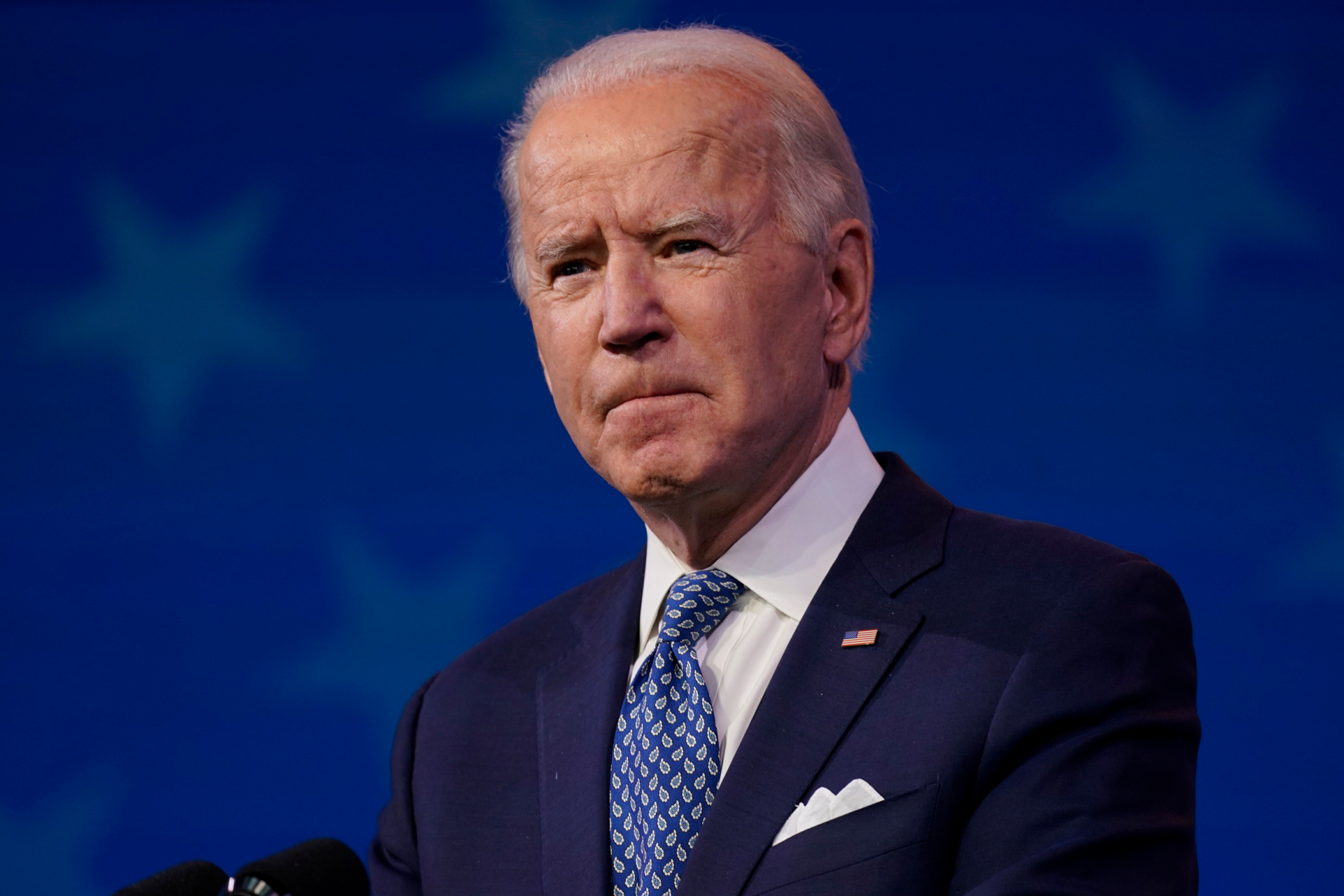 | Biden aministration shut down Pompeo effort to investigate Covid-19 lab theory U.S President Joe Biden's administration shut down an inquiry launched by former president Trump to prove the coronavirus originated in a Chinese lab. |
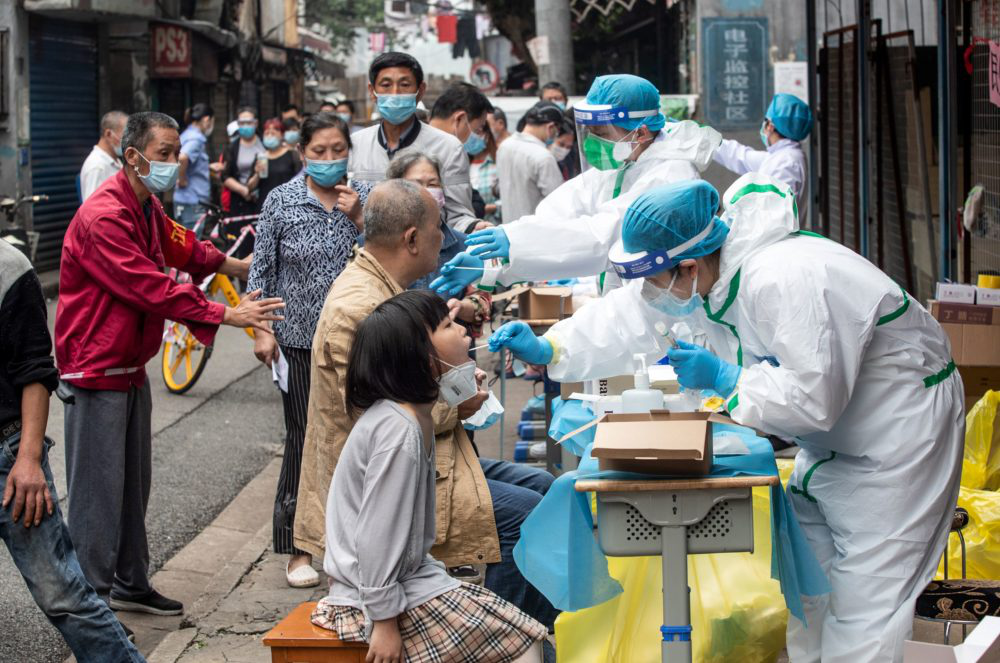 | China denies claims of sickness at Wuhan lab before Covid-19 outbreak A Wall Street Journal report cited US intelligence materials said staff at Wuhan lab had fallen ill with in late 2019, however, it was rejected ... |
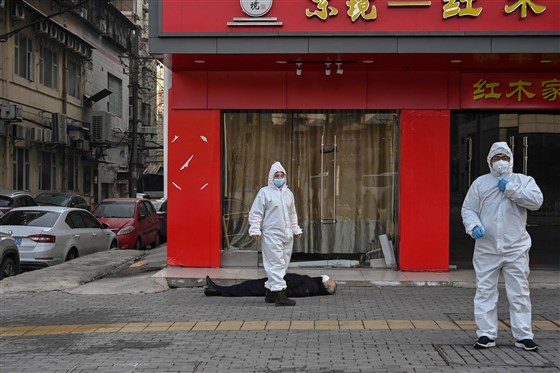 | WHO discards the "Wuhan lab theory" about COVID's origin, saying it is "extremely unlikely" The World Health Organization (WHO) has dismissed the "lab theory" while investigating for the origin of the coronavirus pandemic, saying that virus leaking from a ... |
In topics
 World
World
Biden aministration shut down Pompeo effort to investigate Covid-19 lab theory
Recommended
 World
World
US, China Conclude Trade Talks with Positive Outcome
 World
World
Nifty, Sensex jumped more than 2% in opening as India-Pakistan tensions ease
 World
World
Easing of US-China Tariffs: Markets React Positively, Experts Remain Cautious
 World
World
India strikes back at terrorists with Operation Sindoor
Popular article
 World
World
India sending Holy Relics of Lord Buddha to Vietnam a special gesture, has generated tremendous spiritual faith: Kiren Rijiju
 World
World
Why the India-US Sonobuoy Co-Production Agreement Matters
 World
World
Vietnam’s 50-year Reunification Celebration Garners Argentine Press’s Attention
 World
World

